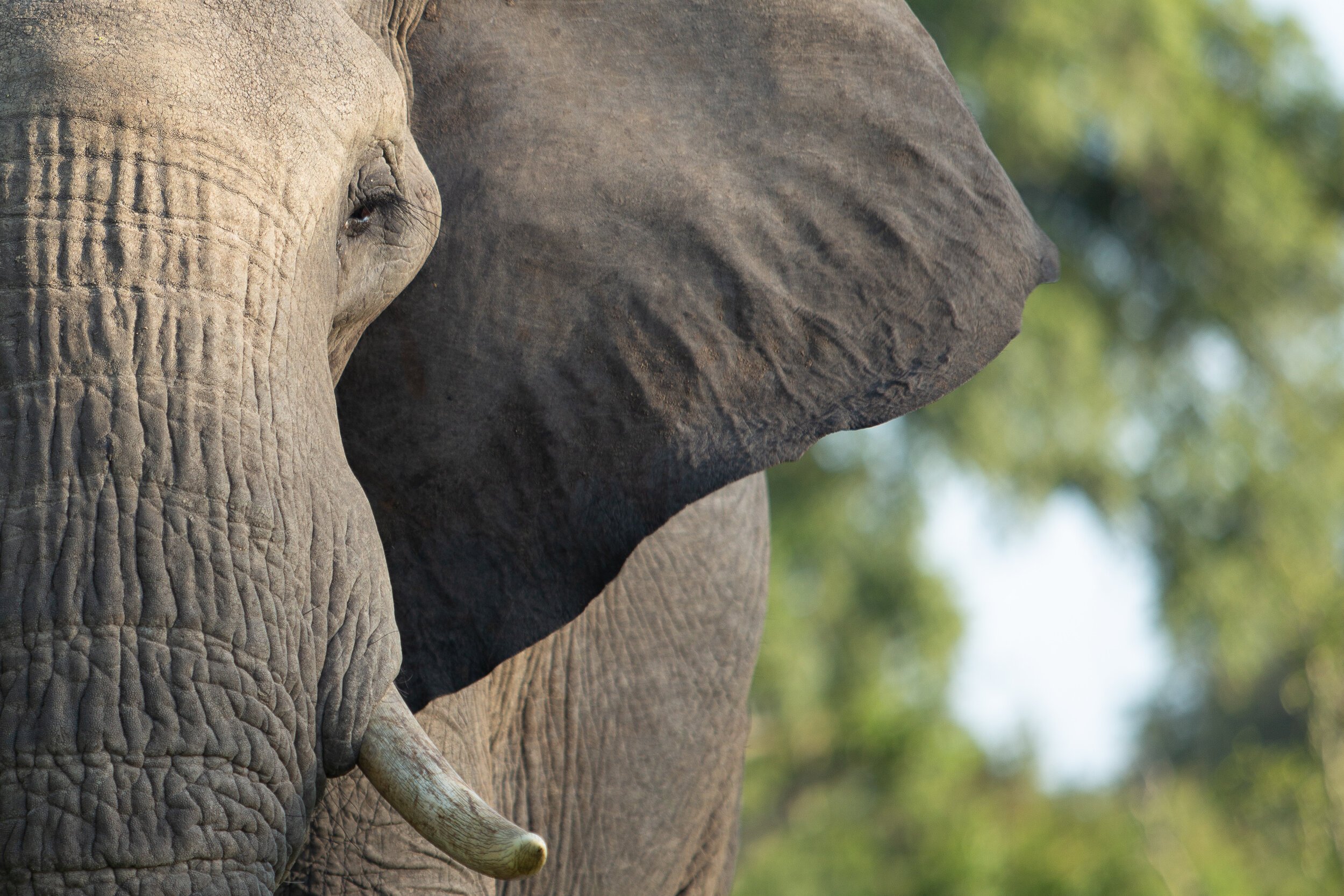Adopting Shirley
I recently read Leaving Time by Jodi Picoult, which had, for me, not one but two surprise endings. I’m not often surprised by the endings of books—I figured out Water for Elephants from a single sentence in the prologue: “She looked at me again, bemused.” My immediate sense of how the book would unfold made it no less wonderful.
Picoult’s book is about elephants, too, and uncertainty, regrets and dashed dreams. She even tackles mental illness and the nightmare of living with someone transformed by a change of brain chemistry into an illogical tyrant. The book alternates between the voices of four main characters; Karin Gillespie of the New York Times criticized one of these, “Alice,” an elephant researcher, as being disengaged and clinical, like a zoology textbook. I disagree. I think Alice is Picoult’s effective means of weaving the book with facts about these intelligent, demonstrative creatures and their often terrible plight.
Since I don’t want to spoil the ending, which had me flipping back to see what I had missed leading up to it, I’ll stick to the second surprise ending: I adopted an elephant. Picoult wraps the book up with a convicting author’s note about the mass culling of elephants in the 1990s, habitat loss, and the ongoing demand for ivory. She provides links to websites where people can donate to sanctuaries and efforts to stop the poaching. I chose www.elephants.com, the website for a really beautiful sanctuary in Tennessee. As a clever gimmick for people like me, they let you choose an elephant to 'adopt' for about the amount of money it would take to feed all of the elephants a big bag of carrots.
I adopted Shirley, whose body bears many scars of ill use. Shirley was captured in Asia and taken as a youngster to a circus, where she suffered a broken leg and eventually lived through a shipwreck caused by an engine fire. Her back was badly burned. When she left the circus, Shirley was purchased by a small zoo that could provide her with only a postage stamp of grass, a shelter and a kind caretaker. There she languished alone for 22 years.
National Geographic did a documentary ("The Urban Elephant") on Shirley’s fortunate passage to the Tennessee sanctuary. If the footage of her caretaker chaining one massive foot and winching her onto a truck does not make tears spring to your eyes, seeing this gentle man rub her trunk and say goodbye to her will. But what happens next is a true redemption. Do watch the documentary to see Shirley reunited with a long lost elephant friend.
We have much in common with elephants: they develop friendships that last a lifetime and are not diminished by years and years apart. They care for each other within communities. They act out of emotion. They honor their dead.
It’s a testament to the power of good writing that a fictional work can motivate action, the myriad of worthy causes notwithstanding, toward the righting of a wrong shared only in the broadest context. I may not ever see an elephant in the wild but I feel a new sense of accountability for what we, as a human race, have done—are continuing to do. Adopting Shirley was less than a drop in the bucket, but in the moment it assuaged my conscience, as did watching a documentary recommendable for its sheer artistry, PBS’s The Soul of an Elephant.
Picoult closes with a call to action: “If you take away anything from this novel, I hope it is an awareness of the cognitive and emotional intelligence of these beautiful animals and the understanding it is up to all of us to protect them.”
